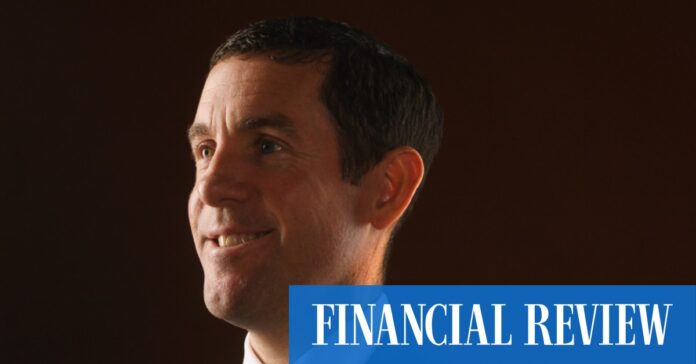The US$94 billion broker, listed on the New York Stock Exchange, sourced insurance policies from Bond & Credit Co (BCC) – which was half owned by IAG – on behalf of Greensill Group entities.
IAG is already defending some $7 billion in claims made against it by various parties related to Greensill Capital.
Marsh’s code of conduct, named The Greater Good, tells employees to “speak up” if “something doesn’t feel right”. “You have a right – and an obligation – to raise your concerns,” it says. Marsh employees are also required to “make appropriate disclosure to clients or other business partners when mistakes occur or when conflicts of interest arise”.
Marsh has maintained that it was relying on information supplied by Greensill Capital and that it had believed a critical policy worth hundreds of millions of dollars had been valid when providing insurance documents to White Oak, which signed an agreement with Greensill Capital in April 2020 to buy securities.
The scheme was allegedly covered by insurance policies issued by BCC.
“The existence of trade credit insurance for White Oak’s benefit and Marsh’s future role in providing confirmations as to such insurance was fundamental in White Oak’s decision to invest,” White Oak has alleged.
White Oak says Marsh acted as a broker for the policies, and had a duty to exercise reasonable skill and care. This included informing White Oak that BCC’s new owner, Japan’s Tokio Marine, had told Marsh by August 2020 that insurance executive Greg Brereton’s dealings with Greensill were being investigated and that he no longer had authority to bind risk on IAG.
Mr Brereton, who was investigated internally over allegations he had gone beyond his designated limits in signing insurance policies with the Greensill Group, has defended himself in court filings, maintaining that IAG was aware that policies had been entered into on its behalf.
But in a new court filing responding to Marsh’s defence, White Oak argues that Marsh owed duties of care to both White Oak and the Greensill Group, and that it was “patently obvious that serious problems were afoot” with BCC’s ability to keep providing insurance after by mid-2020.
Tokio Marine executive Mark Callahan told Marsh executives in an email on July 2, 2020 that “all existing limits on Greensill buyers have been set to nil on our policy system” and that “BCC and Greg Brereton has [sic] no authority to bind risk on Insurance Australia Ltd”.
Mr Brereton was dismissed in July 2020, according to a letter sent in August by Bond & Credit Co director Toby Guy to Marsh executives. The emails are part of the legal dispute and have been seen by The Australian Financial Review.
Marsh has denied breaching its duties, and claims that White Oak should have understood that the broker owed a duty of loyalty to Greensill Group entities and kept certain information confidential.
It says that in providing details about the limits on insurance policies, Marsh was “wholly reliant on information supplied to it by Greensill UK” and denied that it owed any duty of care to White Oak. “Any reliance White Oak did place on Marsh was unreasonable,” it said in its defence statement.
Marsh denies that it had any duty to warn White Oak there was any possibility IAG might seek to “dispute the existence of coverage” under the insurance policies that were issued.
Marsh acknowledges learning “around July-August 2020” that the activities of Mr Brereton were under investigation but says inquiries continued until late February 2021, when White Oak bought its final securities from Greensill Capital.





































